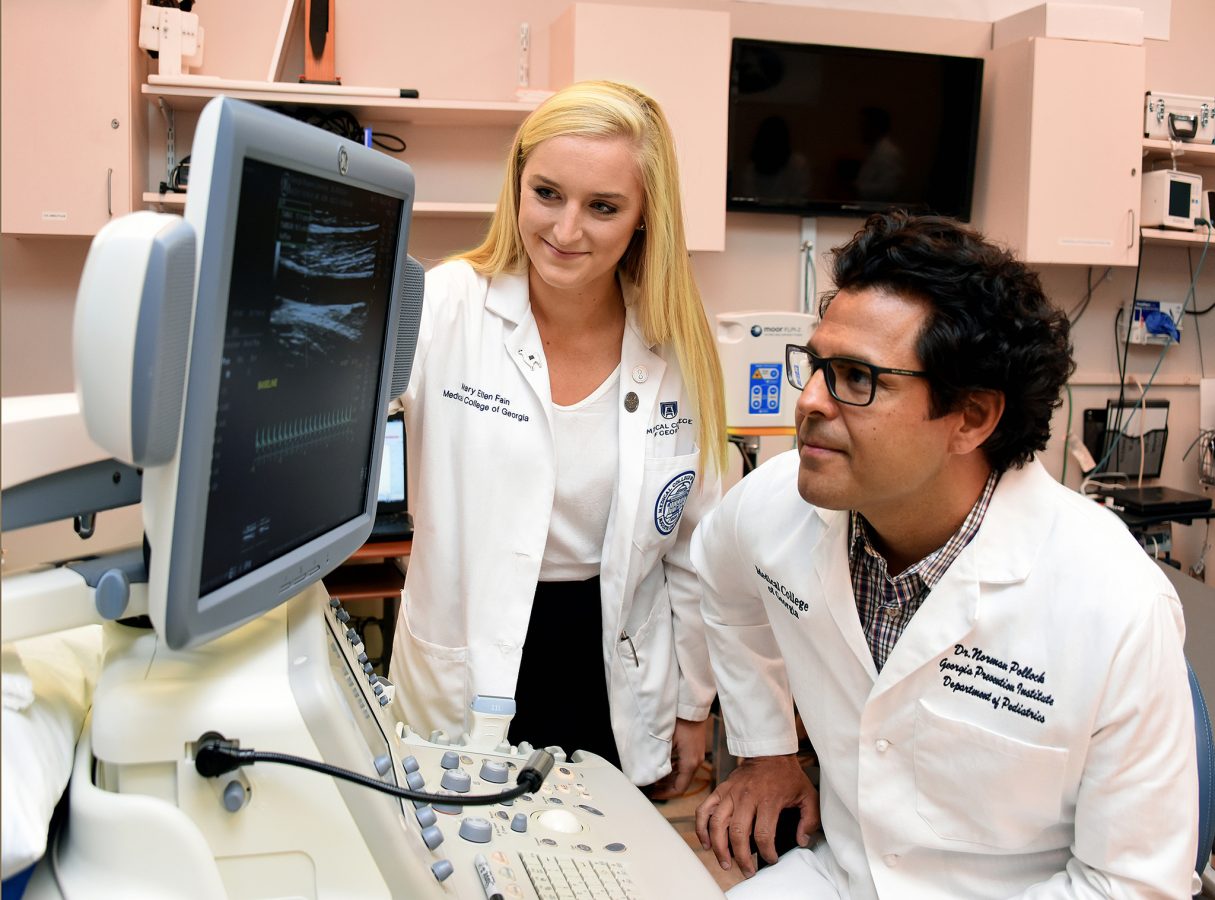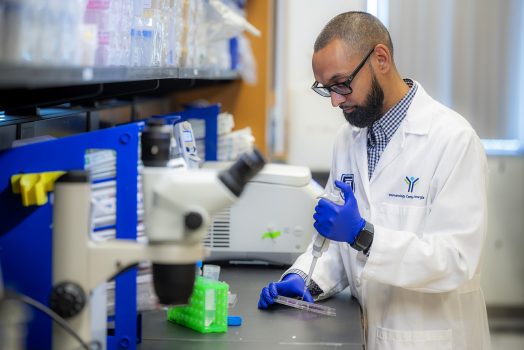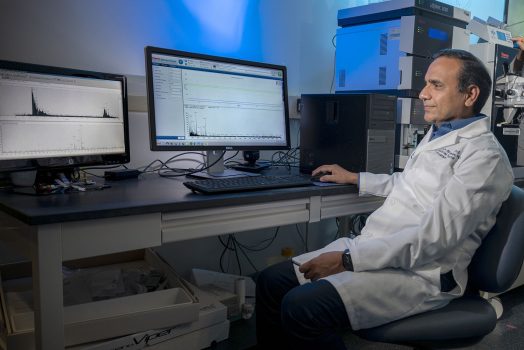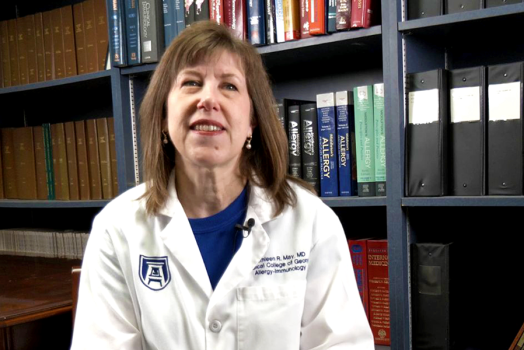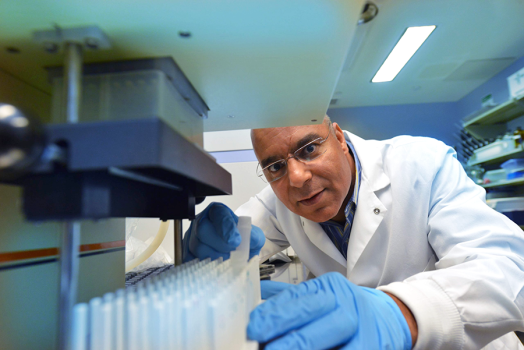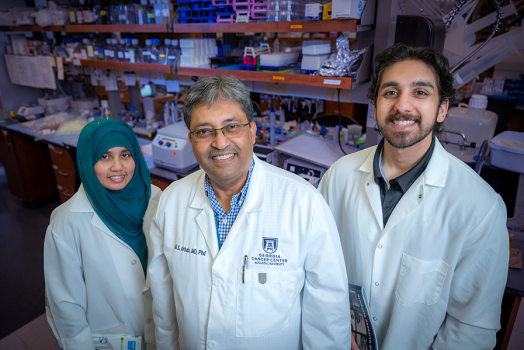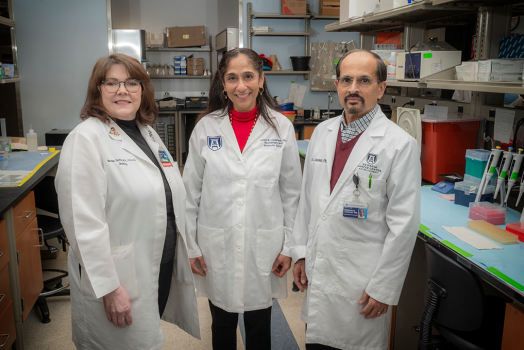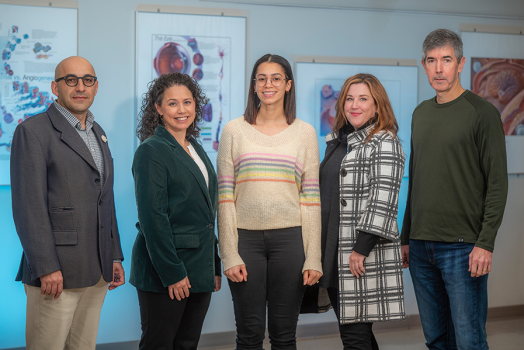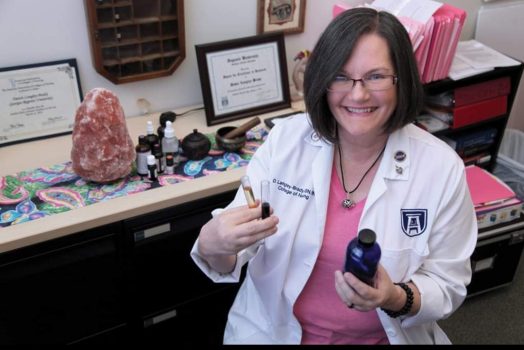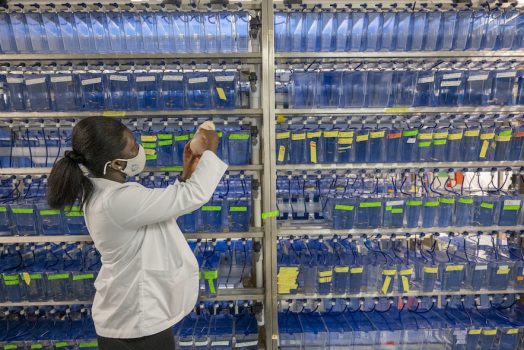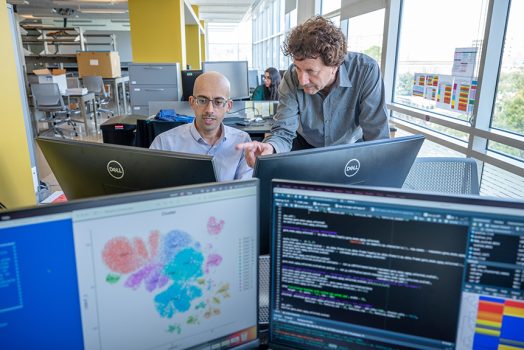Adil Rasheed, PhD, is shedding light on the distinct role of the spleen in atherosclerosis, a disease characterized by the buildup of fatty deposits in arteries.
"Most studies examine impact TBI, so much less is known about brain injuries following blast exposure and how it may differ from other types of TBI."
Nicholas Gascoigne, PhD, whose research explores CAR-T cell function in cancer immunotherapy, is the newest faculty member at the Immunology Center of Georgia.
“'Blood Global Hematology' will be a home for research done anywhere in the world and a voice for the global hematologic research community."
“We show, for the first time in this study, that many fibroblast cells are actually produced by these excessive endothelial cells. We must find a way to prevent this from...
"Screening can prevent 60% of colorectal cancers, and 90% can be cured if detected early,” said Koosh Desai, MD.
This new database will help eliminate that problem and includes data from 307 human AH samples, comprehensive information on 1,683 proteins identified in the AH, as well as...
Kathleen May, MD, says genetics plays a role in being susceptible to pollen.
The grant awarded for Chadli’s research focuses on a specific protein, UNC45A, that can be used as a promising novel immunotherapeutic target in treating triple-negative breast...
An Augusta University researcher is partnering with the University of California San Diego to unravel the complexities of Staphylococcus aureus vaccine failures.
Ali Arbab, MD, has been awarded a grant by the National Institute of Neurological Disorders and Stroke (NINDS), demonstrating the translational ability of his new technology.
The commitment to funding, which builds on an existing relationship with Augusta University, will facilitate the expansion of MCG’s 3+ Primary Care Pathway Program.
Vinata B. Lokeshwar, PhD, and her team have been awarded a $2.8 million grant from the National Cancer Institute in an effort to improve outcome in patients with bladder cancer.
Two research teams from Augusta University have received three grants totaling almost $5 million from the Health Resources and Services Administration’s Rural Communities Opioid...
Researchers at the Immunology Center of Georgia are taking advantage of revolutionary technology to investigate the role of neutrophils in the spread of bladder cancer.
Steven S. Coughlin, PhD, professor in the Department of Biostatistics, Data Science and Epidemiology at Augusta University’s Medical College of Georgia, has published a new book...
The Dental College of Georgia at Augusta University has been awarded a prestigious UO1 grant totalling close to $800,000 from the National Institute of Dental and Craniofacial...
Dawn Langley-Brady, PhD, assistant professor for the Department of Nursing Science, has received a $25,000 grant for her research on essential oils for chronic pain.
Augusta University is once again part of the third annual Converge International Rural Health Symposium. The virtual symposium is hosted by the University of Georgia College of...
Klaus Ley, MD, and Catherine “Lynn” Hedrick, PhD, Georgia Research Alliance eminent scholars and co-directors of Immunology Center of Georgia, formed the Scientific Advisory Board...
 Augusta University
Augusta University
